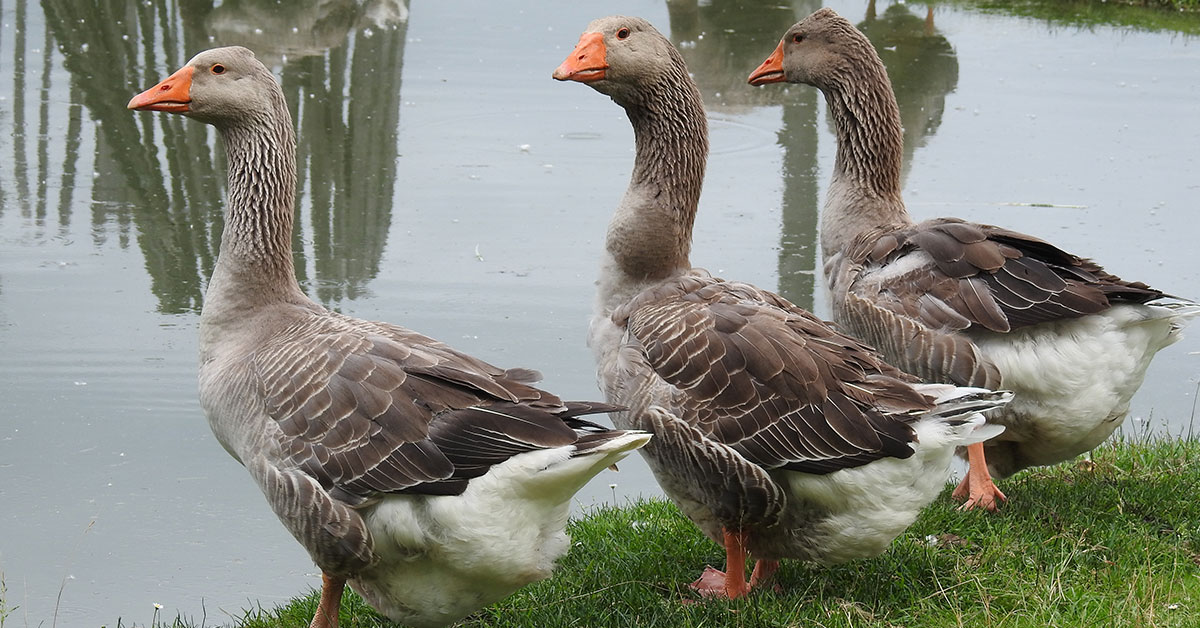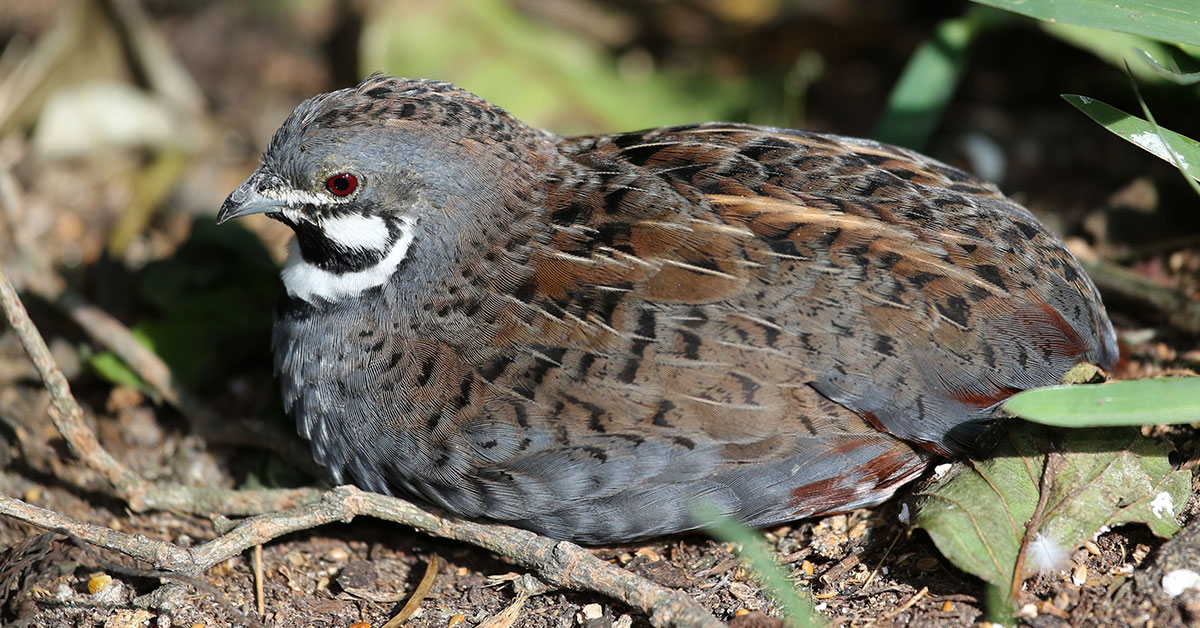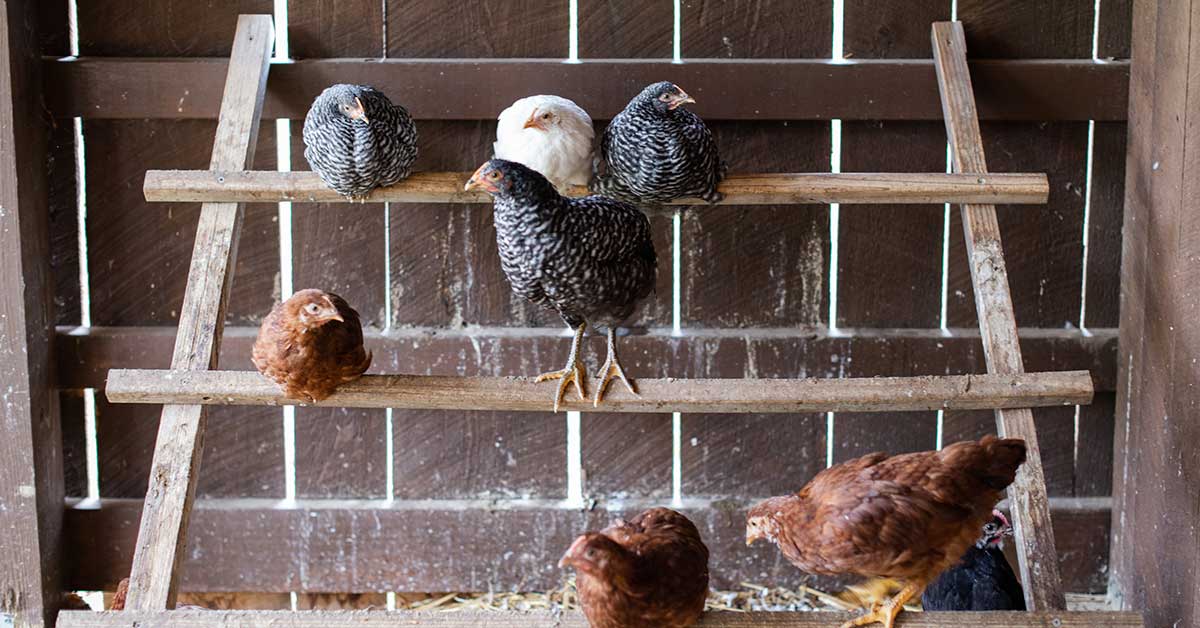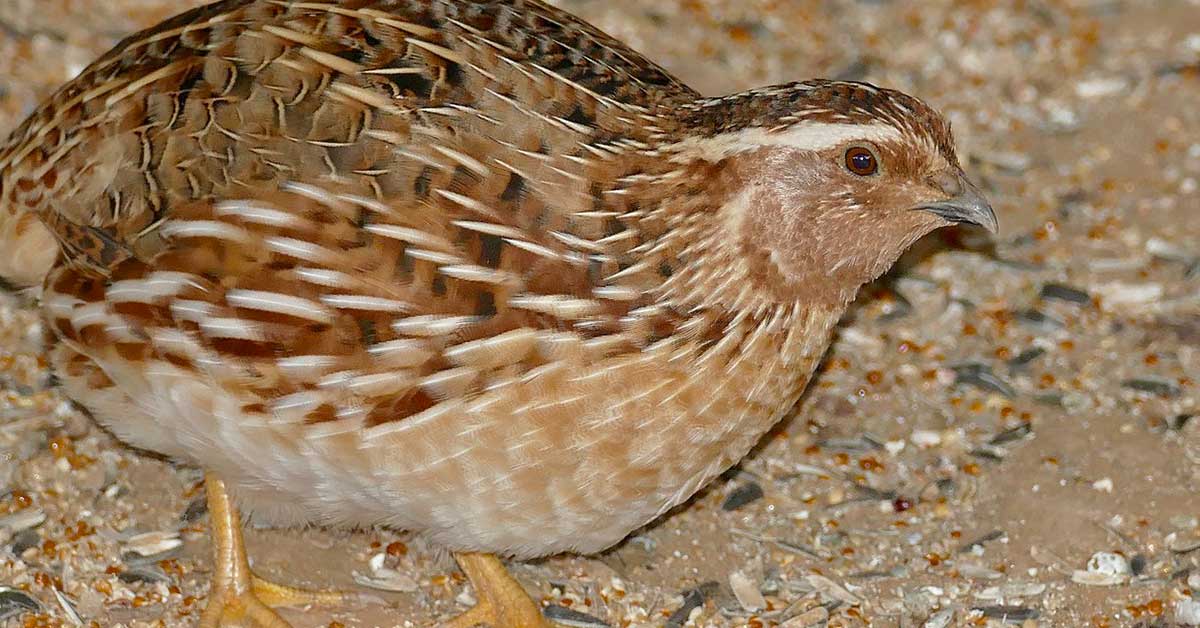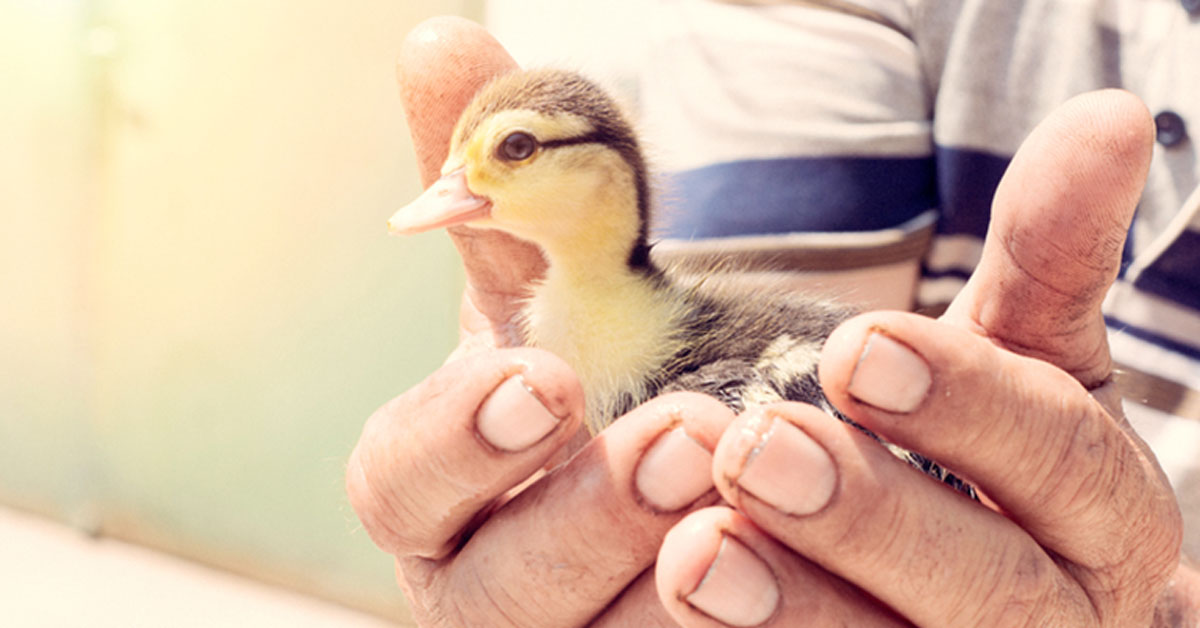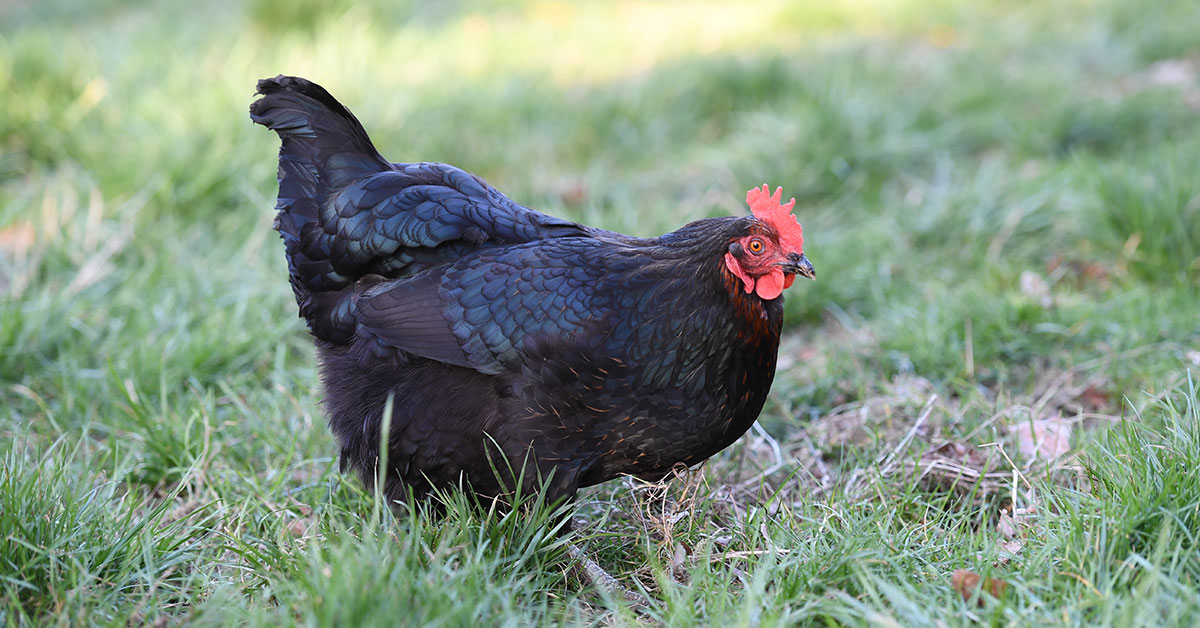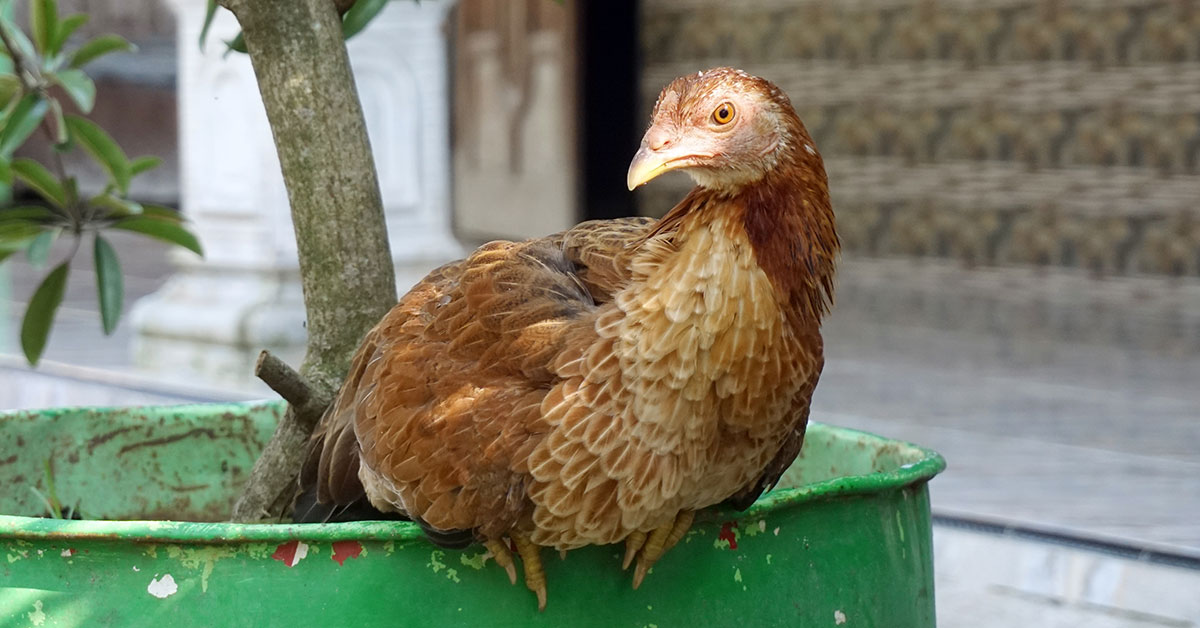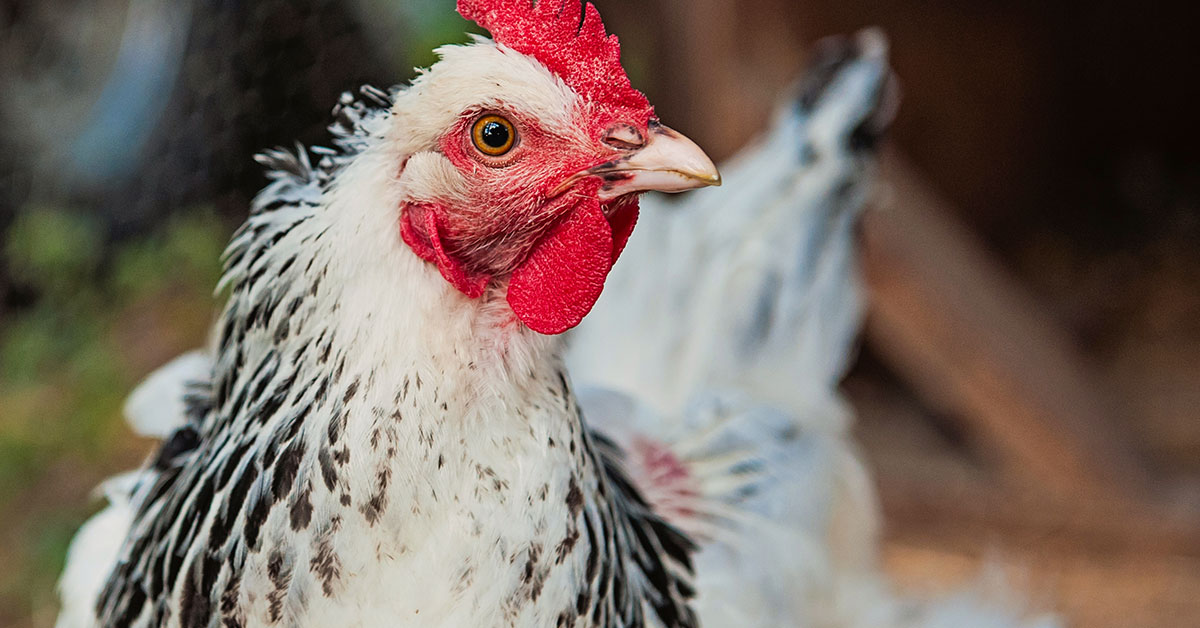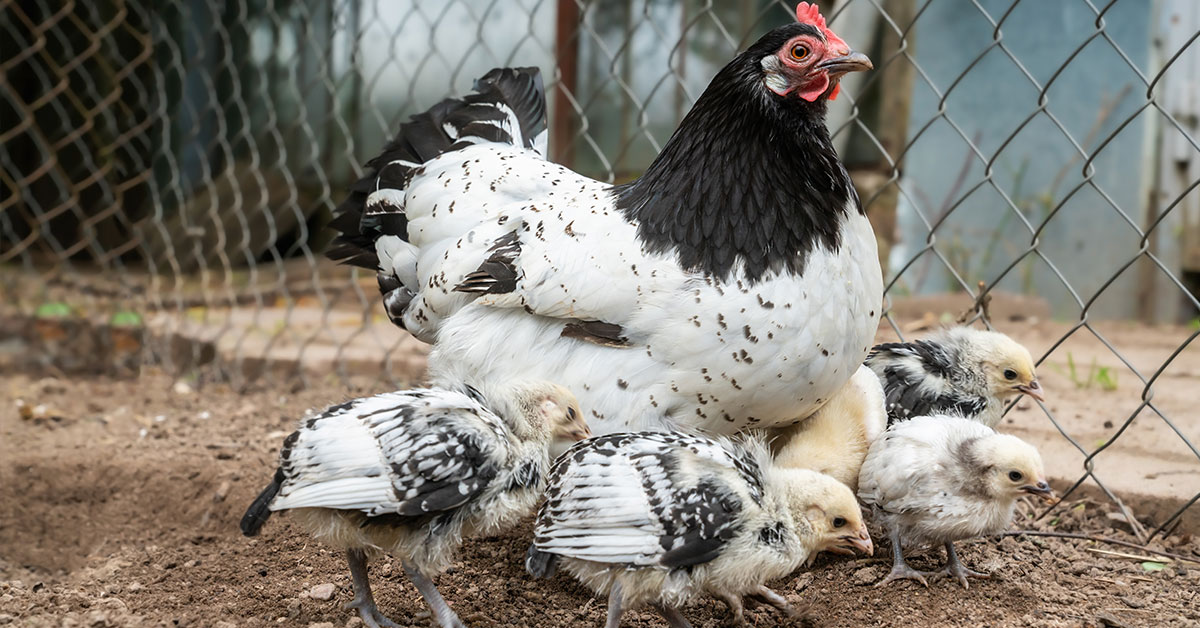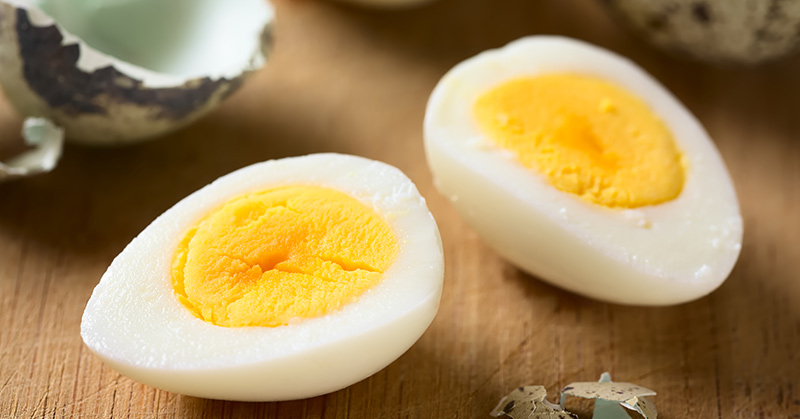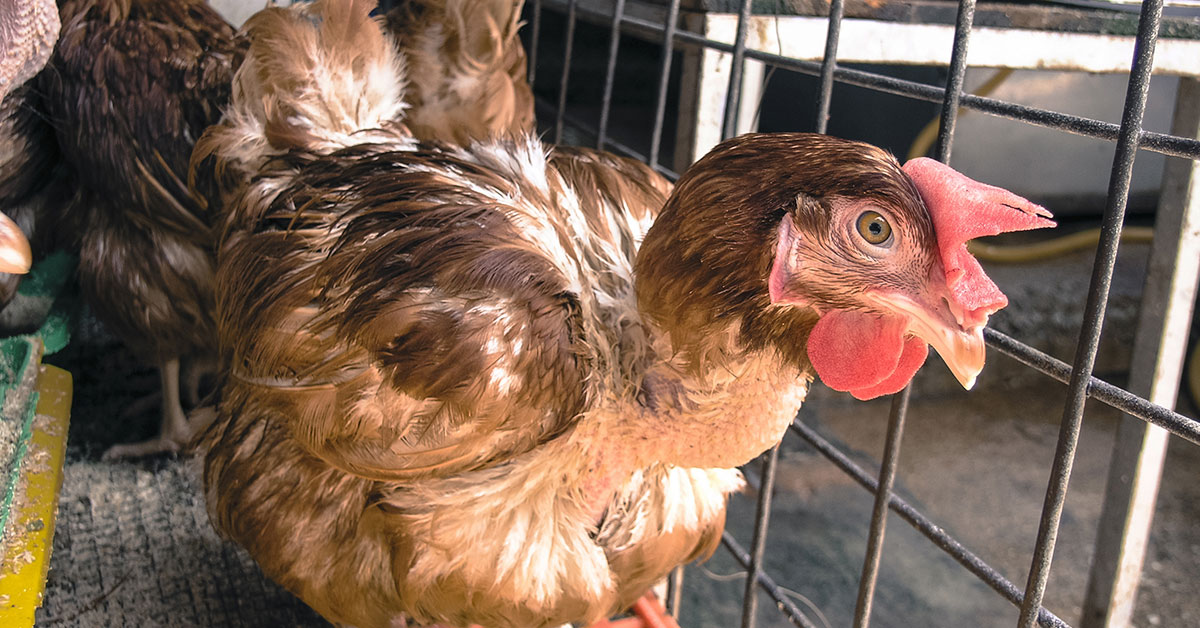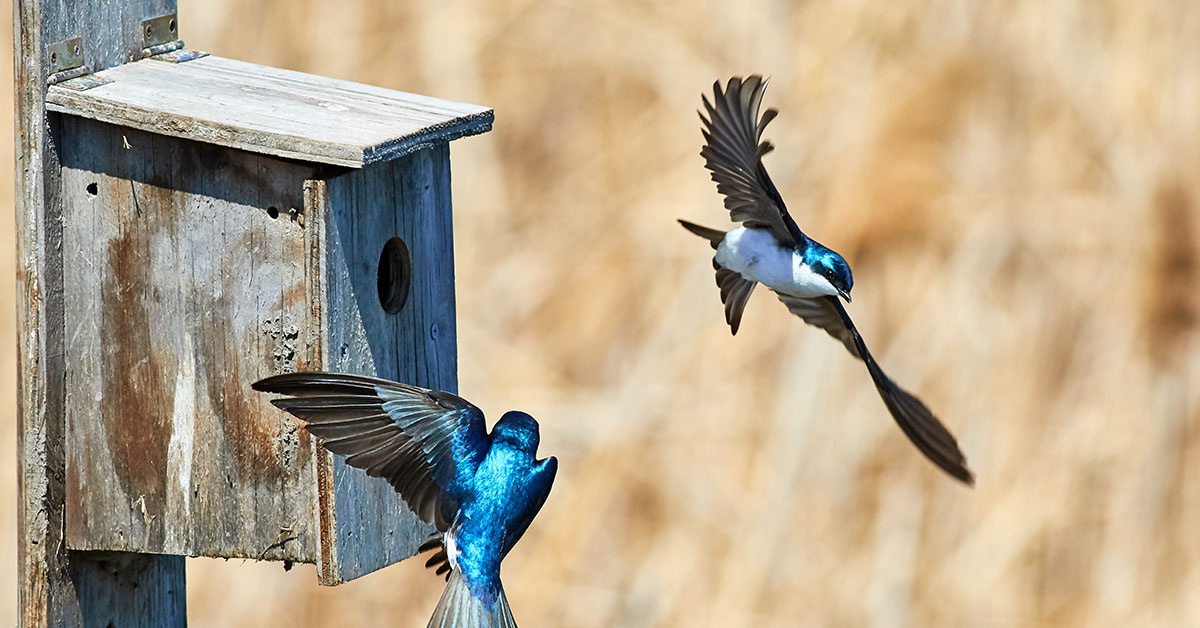Toulouse geese, also known as French geese, are a popular breed of domestic geese known for their large size and gentle nature. They are a wonderful addition to any backyard flock and can provide both meat and eggs. In this article, we will explore some of the key aspects of Toulouse geese, including their egg production, lifespan, hatching time, physical characteristics, and laying age.
Why Keep Toulouse Geese?
There are several reasons why a backyard farmer might want to keep a flock of Toulouse geese:
- Meat production: Toulouse geese are a large breed, and they can provide a significant amount of meat for a backyard farmer. Their meat is flavorful and tender, making it a popular choice among those who raise geese for meat.
- Egg production: While Toulouse geese are not the most prolific egg layers, they can still provide a decent number of eggs per year. Their eggs are large and delicious, making them a sought-after product among those who prefer to raise their own food.
- Pest control: Toulouse geese are excellent foragers, and they can help to control pests and weeds in a backyard garden or farm. They are particularly effective at controlling slugs and snails, which can be a problem for many crops.
- Fertilizer production: Toulouse geese produce a significant amount of manure, which can be used as a natural fertilizer for plants. This can help to reduce the need for synthetic fertilizers and improve the overall health of the soil.
- Companionship: Toulouse geese are known for their gentle nature and social behavior. They can make great companions for backyard farmers who enjoy spending time with their animals and building relationships with them.
Overall, Toulouse geese can provide a variety of benefits for backyard farmers. Whether you are looking for meat, eggs, pest control, fertilizer, or companionship, these gentle giants can be a great addition to your flock.
Toulouse Geese Egg Production
Toulouse geese are not known for their prolific egg production, but they can still lay a decent number of eggs per year. On average, a Toulouse goose will lay around 20-40 eggs per year, with some geese laying as many as 60 eggs. Their eggs are large, weighing in at around 5-6 ounces each.
Toulouse geese typically begin laying eggs when they are around 8-10 months old. However, this can vary depending on a number of factors, including the bird’s diet, environment, and genetics. If you are interested in raising Toulouse geese for egg production, it is important to provide them with a nutritious diet that is high in protein and other essential nutrients.
Lifespan
Toulouse geese can live for quite a long time, with some individuals reaching the age of 15 or more. However, their lifespan is highly dependent on how they are cared for. Proper nutrition, exercise, and veterinary care can all help to extend a goose’s lifespan. On the other hand, neglect, poor diet, and lack of exercise can all shorten their lifespan.
How Long Do Toulouse Goose Eggs Take To Hatch
Toulouse goose eggs take around 28-35 days to hatch, depending on the incubation temperature and humidity. The eggs are large and can weigh up to 7 ounces each. Toulouse geese are excellent parents and will diligently care for their eggs and young. However, if you are incubating eggs yourself, it is important to monitor the temperature and humidity carefully to ensure successful hatching.
Physical Characteristics
Toulouse geese are a large breed, with males weighing in at around 20-26 pounds and females weighing around 16-20 pounds. They have a plump, rounded body, and a thick layer of feathers that helps them to stay warm in cold weather. These geese are typically gray or grayish-brown in color, with a lighter belly and dark eyes. They have a distinctive knob on their beak, which is more pronounced in males than in females.
Toulouse Geese vs. Pilgrim Geese
Toulouse geese can sometimes be confused with another popular breed of domestic geese, the Pilgrim goose. However, there are some key differences that can help you to tell the two breeds apart. Toulouse geese are generally larger than Pilgrim geese, and they have a more rounded body shape. They also have a more pronounced knob on their beak, and their coloring is typically darker and more uniform than that of Pilgrim geese.
Cons
While Toulouse geese can be a great addition to a backyard farm or homestead, there are also some potential drawbacks to consider. Here are some of the cons of keeping Toulouse geese:
- Messiness: Geese produce a significant amount of droppings, which can be messy and difficult to clean up. This can be particularly problematic if they are kept in a small or enclosed space.
- Noise: Toulouse geese are not known for being particularly loud, but they can still make noise, especially during breeding season. If you have close neighbors or live in an urban area, this could be a concern.
- Aggression: While Toulouse geese are generally gentle and friendly, they can become aggressive if they feel threatened or if they are protecting their young. This can be a problem if you have small children or other animals on your property.
- High maintenance: Geese require a significant amount of care and attention, particularly when it comes to their diet and living conditions. They need access to fresh water and plenty of grass and other vegetation to forage on, which can be challenging to provide if you have a small property.
- Health issues: Like all animals, Toulouse geese are susceptible to a variety of health issues, including respiratory infections, parasites, and injuries. It’s important to monitor their health closely and provide them with appropriate veterinary care when necessary.
Caring For Pet Geese
Caring for pet geese can be a rewarding and enjoyable experience, but it also requires a significant amount of time, effort, and knowledge. Here are some basic guidelines for caring for pet geese:
- Housing: Geese need a safe and secure place to live, preferably with access to water for swimming and bathing. A sturdy, predator-proof shelter is essential, as geese are vulnerable to attack from predators such as raccoons, foxes, and dogs. The shelter should be spacious enough to allow the geese to move around freely and provide adequate ventilation. Geese also need a nesting area where they can lay their eggs.
- Feeding: Geese are herbivores and require a diet that is high in fiber and protein. A balanced diet should include a variety of foods, such as grass, grains, vegetables, and fruit. Geese also require access to fresh water at all times.
- Health care: Geese require regular veterinary care, including vaccinations and routine check-ups. It’s important to monitor their health closely and watch for signs of illness, such as loss of appetite, lethargy, or respiratory issues. Geese are susceptible to a variety of health issues, including parasites, respiratory infections, and injuries.
- Exercise: Geese need plenty of space to exercise and forage, ideally in a large outdoor area where they can graze on grass and other vegetation. They also enjoy swimming and bathing, so access to water is important.
- Socialization: Geese are social animals and thrive in groups. It’s important to provide them with companionship, whether from other geese or from other animals, such as ducks or chickens.
Overall, caring for pet geese requires a significant amount of time, effort, and knowledge. It’s important to research the specific needs of your geese and provide them with a safe and healthy environment. With proper care and attention, pet geese can be a rewarding and enjoyable addition to your household.
Toulouse geese are a wonderful breed of domestic geese that can provide both meat and eggs. While they may not be the most prolific egg layers, their eggs are large and delicious. With proper care and attention, Toulouse geese can live for many years and become beloved members of your backyard flock.
